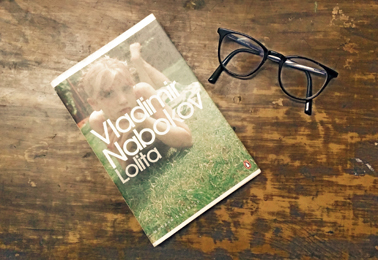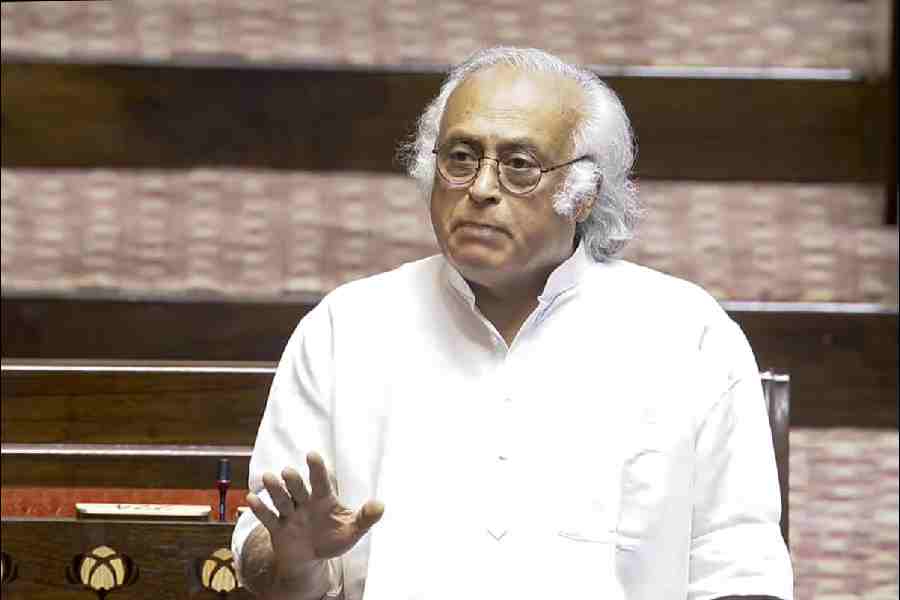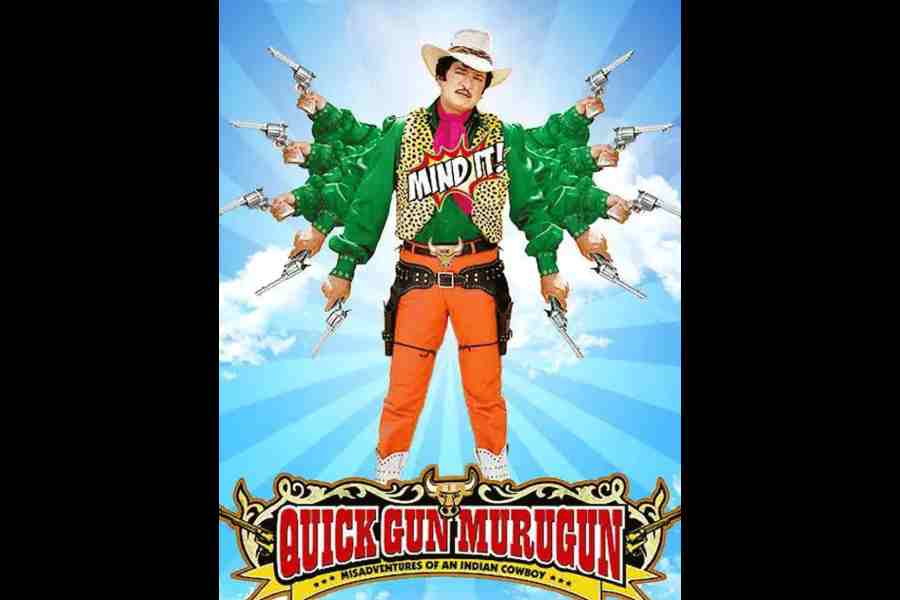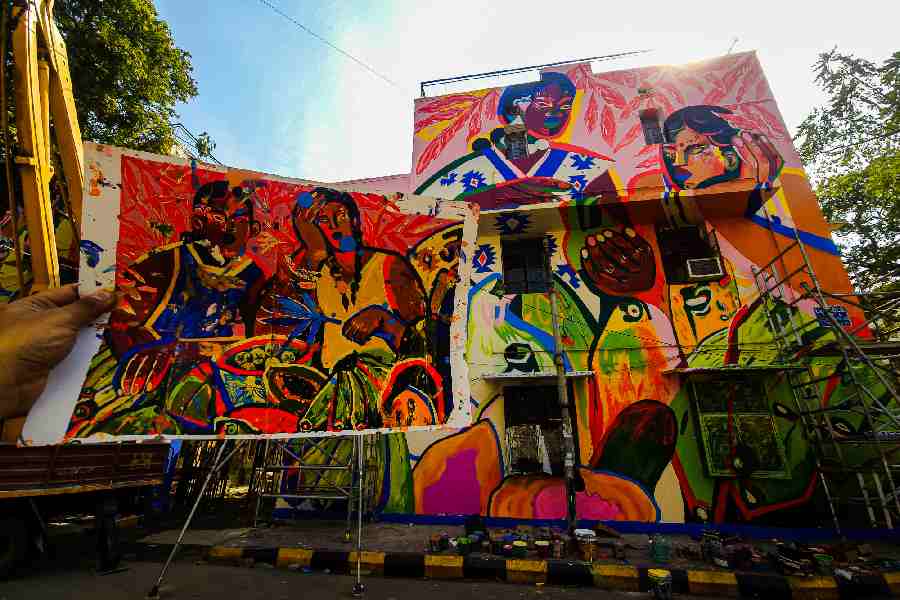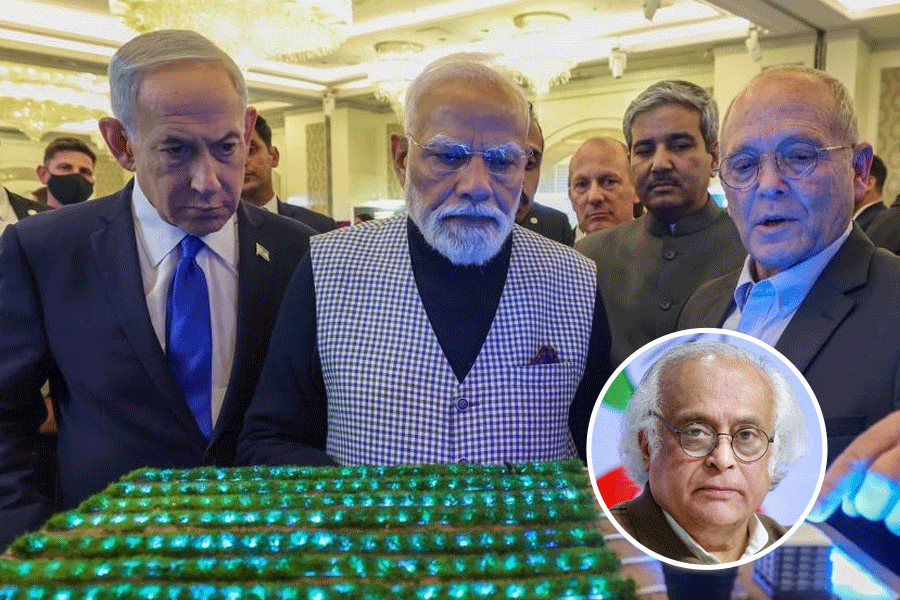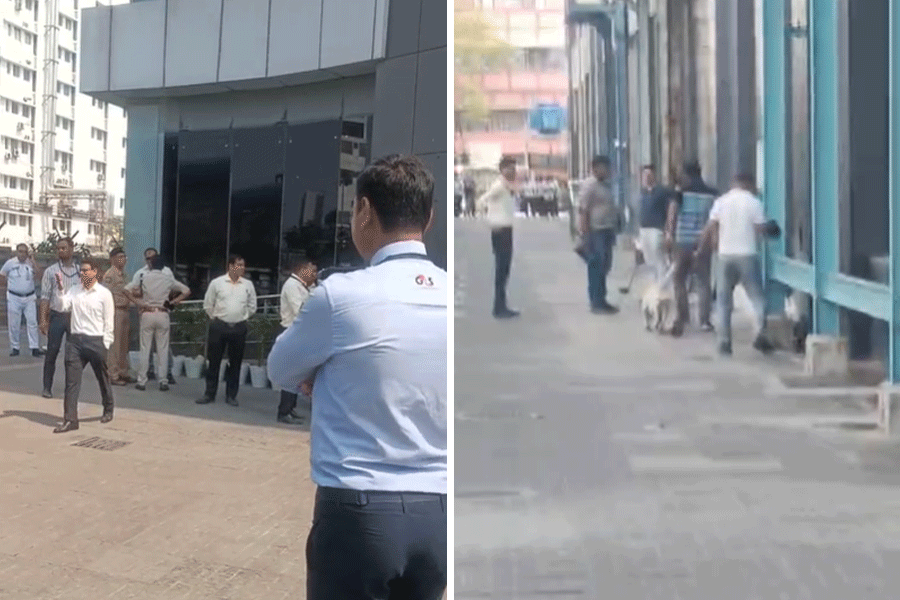The year is 2000. Vanessa Wye is 15 years old; Jacob Strane, her English teacher at boarding school, is 42. No one in their right minds would call this a love story. And yet, to Vanessa, love is precisely what it is.
Seventeen years later, during the ‘Me Too’ movement, Strane is accused of sexual abuse by another former student. Vanessa, now 32 and still certain that her relationship with Strane was not abusive, is appalled. “All he did was fall in love with me and the world turned him into a monster.”
It is with this devastating insight into the mind of the narrator that Kate Elizabeth Russell begins her remarkable debut novel. The reader sees what Vanessa cannot: that her story with Strane is one of destruction, not love. He is a predator; she is his victim. It is not hard to see why he makes Vanessa feel the way she does. He is a careful groomer who “berates himself to make you feel sorry for him” and, before every inappropriate touch, says, “the last thing I want is to overstep”. At the same time, he tells Vanessa that she’s ‘dark’ and fascinating, that her hair is the colour of maple leaves, that he will not do anything she does not want. He makes her — a lonely girl at school who does not want to pursue boys but is aware that they do not notice her — feel treasured. She finds him physically repulsive, but his attention feels electric: it contradicts her view of herself as unexceptional.
Russell makes the chasm between the narrator and the reader feel unbridgeable: Vanessa is adamant and blinkered, and her account see-saws between sudden flashes of dreadful insight and the robotic spiel of a cult victim. “I was the first student who put the thought in his head”; it is clear that these words are not hers. She learns of the other girls from her school that Strane preyed on; she continues to defend him.
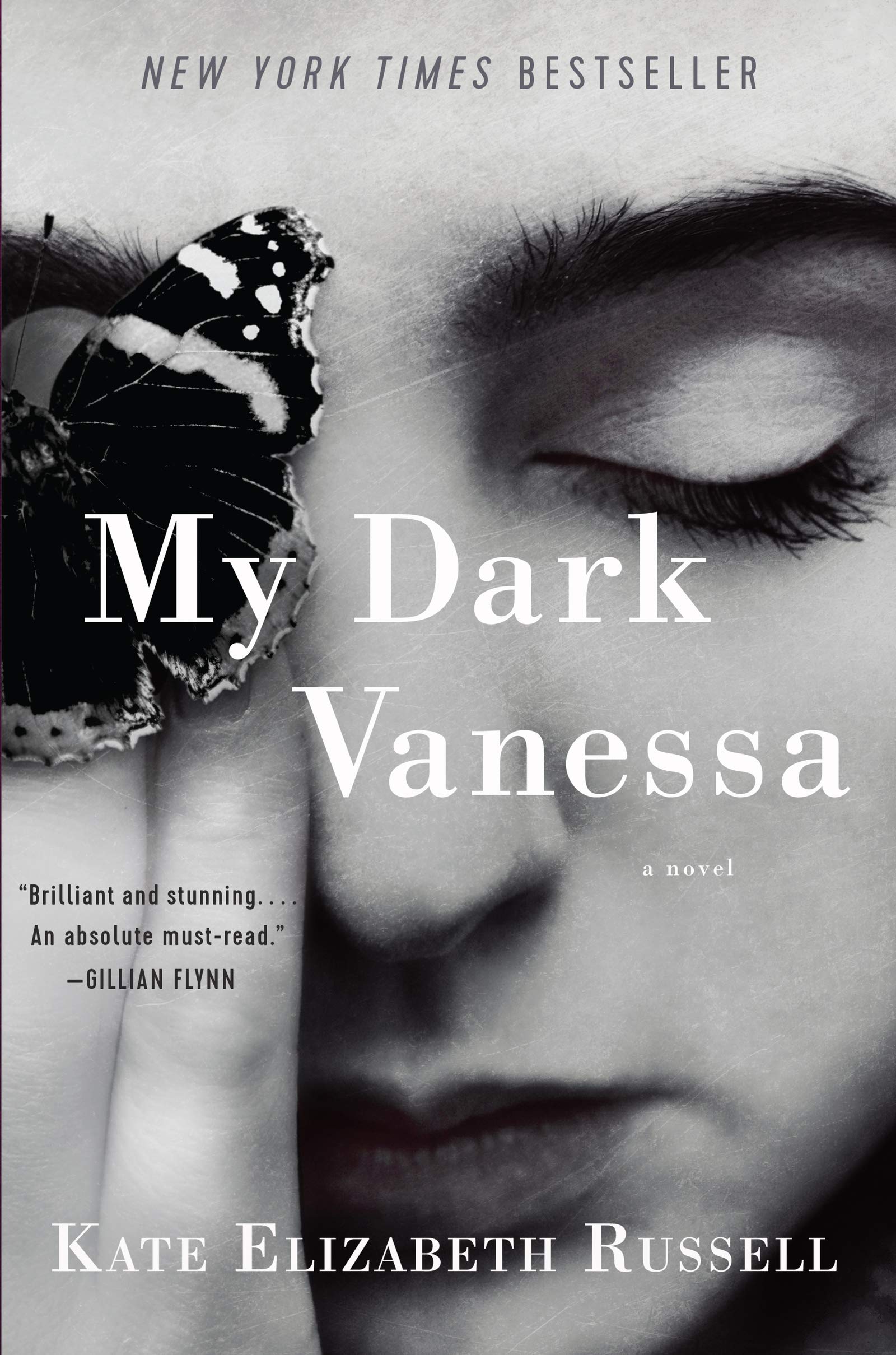
'My Dark Vanessa' by Kate Elizabeth Russell, Fourth Estate, Rs 499 Amazon
Interestingly, in the first of many micro-escalations of the abuse, Strane gives Vanessa his own copy of Lolita. In Lolita, Vladimir Nabokov lets the child indict Humbert Humbert, her abuser and the narrator. We remember how Lolita manifested the markers of sustained abuse. But Nabokov also uses language to keep his reader at a distance from the horror of an adult raping a 12-year-old girl. Russell does her reader no such favour; Vanessa’s account of the first time Strane rapes her is deeply distressing to read. The teenaged Vanessa knows what happened but does not know what to do with that realization. The adult Vanessa recalls, with disturbing calm, her recent sexual encounter with Strane, in which she tried to recreate the first time. In a terrifying demonstration of how prolonged abuse can influence the victim’s thinking, Vanessa says, “To be groomed is to be loved and handled like a precious, delicate thing”. Only towards the end does she show signs of acknowledging what the reader has always seen.
In depicting Vanessa’s trauma thus, however, Russell ensures her reader also sees something else: that there is no ‘perfect’ victim, and different people process abuse differently. Russell writes Vanessa from a rarely-considered perspective: that of a victim who wishes to protect her abuser. My Dark Vanessa is a gut-wrenching psychological portrait of the aftermath of abuse, a damning indictment of a society that allows girls to endure such pain, and mandatory reading for its insights. “The excuses we make for [abusive men] are outrageous,” says Vanessa, “but they’re nothing compared with the ones we make for ourselves”.

